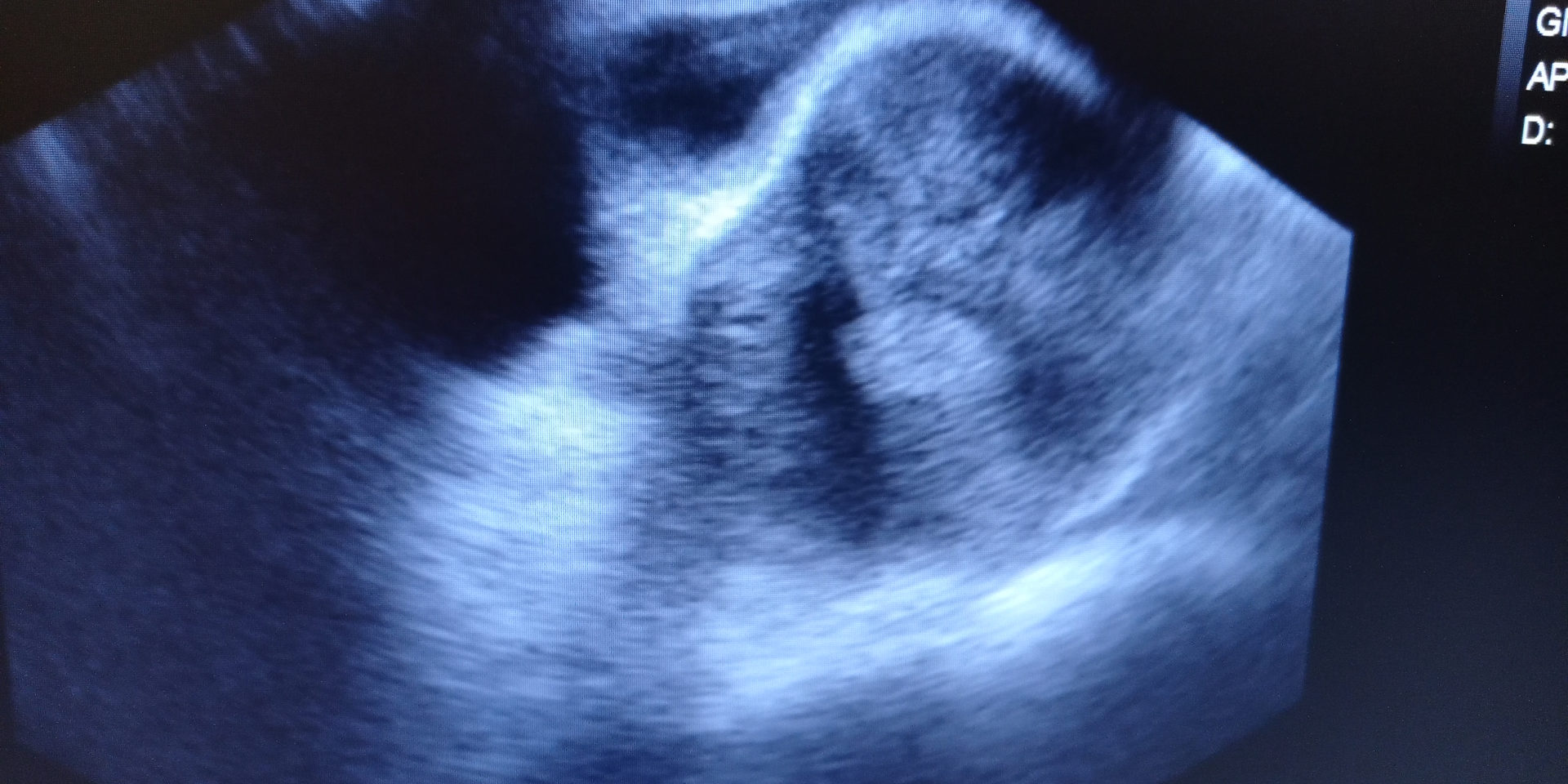WASHINGTON, D.C. – U.S. Senators Shelley Moore Capito (R-W.Va.) and Cory Booker (D-N.J.) today introduced the Stephanie Tubbs Jones Uterine Fibroid Research and Education Act, legislation that would create research and public education programs to support women suffering from uterine fibroids.
“Millions of women are affected by uterine fibroids, which often go undiagnosed and can have significant health consequences in both the short and long term,” Senator Capito said. “Making investments in research and education efforts is a critical step in supporting individuals who suffer from this condition across our country. I’m proud to join with Senator Booker to both honor a champion of this issue and help prevent, diagnose, and treat uterine fibroids for future generations of women.”
“As we mark Fibroid Awareness Month, we must continue our work to address the devastating health impacts uterine fibroids have on nearly 26 million women, especially Black women, nationwide,” Senator Booker said. “By funding critical research and increasing public and provider awareness, this bipartisan legislation will help enhance the quality of care provided to those living with uterine fibroids, including better diagnostic and treatment options.”
July marks Fibroid Awareness Month, an opportunity to raise awareness for uterine fibroids, which are noncancerous growths of the uterus that impact an estimated 26 million women nationwide. Symptoms of this devastating condition include severe menstrual bleeding, anemia, pregnancy complications and loss, and infertility.
In addition to the pain and discomfort they cause, uterine fibroids cost the health care system an estimated $5.9 billion to $34.4 billion every year. Despite their prevalence and impact, preventing, diagnosing, and treating uterine fibroids is very difficult. This condition often goes undiagnosed, and even when it is accurately diagnosed, treatment is usually invasive and can lead to infertility. Black women are particularly impacted by this condition as they tend to develop uterine fibroids earlier, have larger and a greater number of fibroids, and have more severe symptoms and complications.
The Stephanie Tubbs Jones Uterine Fibroid Research and Education Act would facilitate research on uterine fibroids and improve public awareness and provider education on this condition.
Specifically, this bill would:
- Expand and intensify research on uterine fibroids and authorize $30 million a year for fiscal years 2022 through 2026 for that effort.
- Require the Department of Health and Human Services (HHS) to collect data on services provided to people diagnosed with uterine fibroids under Medicaid or the Children’s Health Insurance Program (CHIP).
- Create a public education program for uterine fibroids.
- Promote evidence-based care for uterine fibroids among health care providers.
This legislation is named after late Ohio Representative Stephanie Tubbs Jones, who championed this issue before she passed away, and it is endorsed by a range of organizations, including: March of Dimes, Black Women’s Health Imperative, Society for Women’s Health Research (SWHR), The White Dress Project, The Fibroid Foundation, CARE About Fibroids, HealthyWomen, Free From Fibroids Foundation, National Organization of Black Elected Legislative Women, and Hologic.
“SWHR is pleased to support the bipartisan Stephanie Tubbs Jones Uterine Fibroid Research & Education Act of 2021. The Honorable Stephanie Tubbs Jones issued a call to action over a decade ago for more public awareness and research funding for fibroids, which continues to be a public health issue for women. Greater attention to this disease will lead to more fibroids research, the discovery of new treatments, and improved care for patients. This underfunded and overlooked condition affects 70-80% of women with stark disparities in symptoms and outcomes for Black women in particular. Increased awareness of fibroids will spark essential conversations among women, their families, and their health care providers about menstrual conditions, which are often stigmatized and dismissed by society,” Kathryn G. Schubert, MPP, CAE, President and CEO of Society for Women’s Health Research, said
“The introduction of the Stephanie Tubbs Jones Uterine Fibroid Research and Education Act is a monumental step for women and girls everywhere,” Tanika Gray Valbrun, Founder and CEO of The White Dress Project, said. “There is much more work to be done to address the uterine fibroid crisis. We need more education, more research, and full commitment from our policymakers to address healthcare inequities and to understand why fibroids disproportionately affect Black women.”
“There is not adequate data to understand why Black women are affected more frequently and with more severe complications from uterine fibroids,” Linda Goler Blount, President and CEO of the Black Women’s Health Imperative, said. “Uterine fibroids are a health threat that urgently requires research, community resources, and improved treatment options that preserve fertility. BWHI supports the Stephanie Tubbs Jones Research and Education Act of 2021 because it will increase funding for uterine fibroid research and lead to new evidence-based treatments and cures for women of color.”
The full text of the legislation can be found here.


